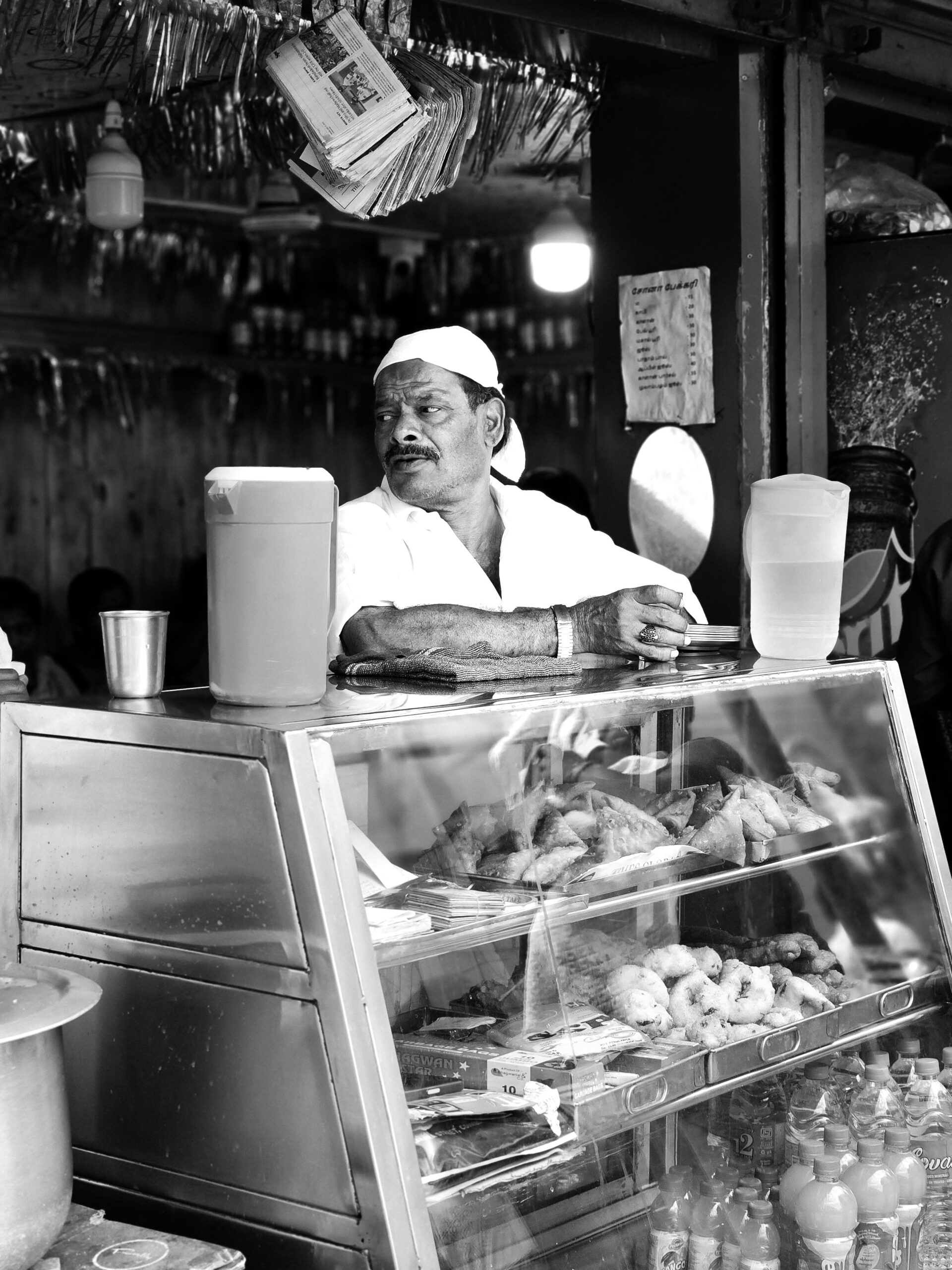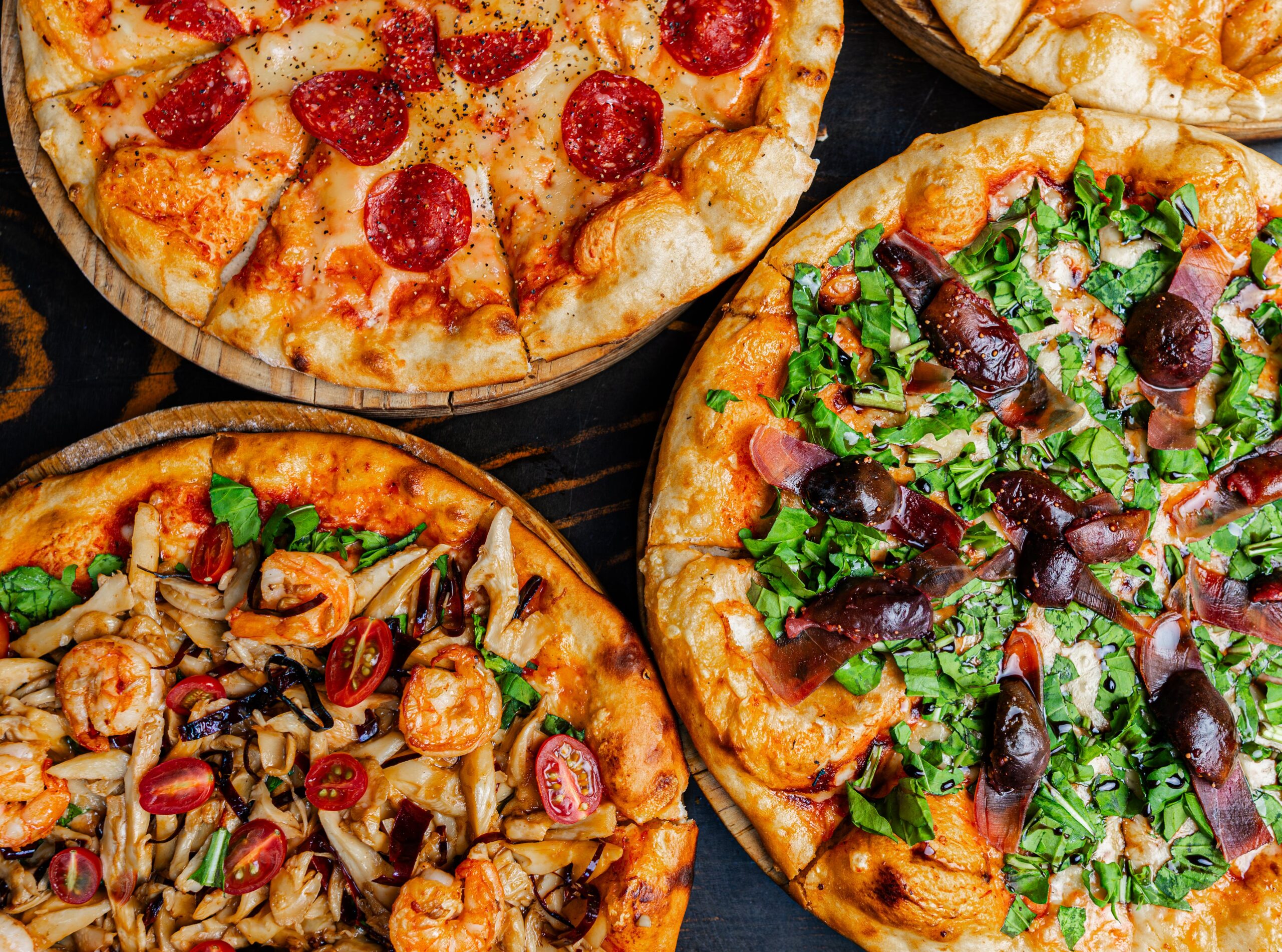You’re a restaurant owner or manager looking for effective ways to market your establishment and draw in more customers. With the ever-increasing competition in the food industry, it’s crucial to have a solid marketing strategy in place to stand out from the crowd. From leveraging social media platforms to hosting special events and partnering with local influencers, this article explores some of the most effective marketing strategies that can help promote your restaurant and boost its visibility in the marketplace. Read on to discover how you can drive more foot traffic and create a buzz around your establishment.

Identifying target audience
Researching demographic profiles
In order to effectively promote your restaurant, it is crucial to first identify your target audience. Conducting thorough research on demographic profiles will provide valuable insight into who your potential customers are. Consider factors such as age, gender, location, income level, and interests. This information will help you tailor your marketing strategies to reach the right people and allocate your resources efficiently.
Analyzing customer preferences
Understanding the preferences of your target audience is essential for creating successful marketing campaigns. Conduct surveys, gather feedback, and analyze customer data to gain insights into their dining habits, favorite cuisines, and specific preferences. This knowledge will allow you to tailor your menu, promotions, and marketing messages to appeal to their tastes and desires.
Understanding local market trends
Keeping up with local market trends is crucial for a restaurant to stay relevant and competitive. Research the dining landscape in your area to identify new or emerging cuisines, food trends, and customer preferences. This will help you position your restaurant accordingly, whether through menu offerings, promotions, or unique experiences. Stay connected with the local food scene and adapt your strategies accordingly to meet changing customer demands.
Creating a strong brand image
Developing a unique restaurant name and logo
A strong brand image starts with a unique and memorable restaurant name and logo. Your restaurant’s name should accurately reflect its concept and be catchy and easy to pronounce. Alongside this, your logo should be visually appealing, representing the essence of your brand. These visual elements will help customers recognize and remember your restaurant, setting it apart from the competition.
Designing an appealing website and menu
In today’s digital age, having an appealing website is crucial for any business, including restaurants. Design a user-friendly website that showcases your restaurant’s atmosphere, menu, and special features. Make sure to include mouth-watering food images to entice potential customers. Additionally, design a visually appealing menu that is easy to read and provides detailed descriptions of your dishes. An appealing website and menu will create a positive impression and encourage customers to visit your restaurant.
Establishing a consistent brand voice
Consistency in your brand’s voice is essential for creating a strong and recognizable brand image. Determine your brand’s personality and core values, and ensure that all communication channels, including social media, website content, and customer interactions, reflect this consistent voice. This will create a cohesive and authentic brand experience, establishing trust and loyalty among your customers.
Utilizing online platforms
Creating and maintaining social media profiles
Social media platforms such as Facebook, Instagram, and Twitter are powerful tools for promoting your restaurant and engaging with customers. Create compelling profiles on these platforms and regularly share high-quality photos of your dishes, behind-the-scenes content, and updates about events and promotions. Interact with your followers by responding to comments, answering questions, and offering personalized recommendations. Social media platforms provide an excellent opportunity to build a strong online presence and connect with your target audience.
Engaging with customers through online reviews
Online reviews play a significant role in shaping customers’ opinions and decisions. Encourage your customers to leave reviews on platforms such as Google, Yelp, and TripAdvisor. Regularly monitor and respond to these reviews, both positive and negative, to show that you value customer feedback and are committed to providing excellent service. Engaging with customers through online reviews demonstrates your dedication to customer satisfaction and can attract new customers to your restaurant.
Implementing search engine optimization (SEO) strategies
Optimizing your online presence for search engines is a vital marketing strategy. Incorporate relevant keywords in your website content, social media posts, and online profiles to improve your restaurant’s ranking on search engine results pages. It’s essential to ensure that your website is mobile-friendly, as more and more customers search for restaurants using their smartphones. By implementing effective SEO strategies, you increase your chances of being discovered by potential customers searching for restaurants in your area.
Implementing effective content marketing
Creating engaging blog posts and articles
Content marketing is an effective way to establish authority in the food industry and drive traffic to your restaurant. Create a blog on your website and regularly publish engaging and shareable articles related to food, cooking tips, and restaurant news. This content should provide value to your target audience and position your restaurant as an expert in the field. Share these articles on your social media platforms and encourage your followers to engage with and share the content.
Sharing recipes and cooking tips
Sharing recipes and cooking tips online is an excellent way to showcase your culinary expertise and attract food enthusiasts. Create and share recipes that feature ingredients or cooking techniques unique to your restaurant. Consider filming videos of your chefs preparing signature dishes or demonstrating cooking techniques. This type of content not only promotes your restaurant but also builds trust and engagement with your audience.
Using visual content like photos and videos
Visual content is highly engaging and can evoke strong emotions and cravings in viewers. Invest in professional food photography to create mouth-watering images of your dishes. These images can be shared on your website, social media platforms, and in your menu. Additionally, consider creating videos that highlight your restaurant’s atmosphere, behind-the-scenes moments, and featured dishes. Visual content is highly shareable and can attract attention and interest from potential customers.

Leveraging email marketing
Building an email subscriber list
Collecting email addresses from your customers is an invaluable marketing tool. Offer incentives such as exclusive discounts or a free appetizer for customers who sign up for your email newsletter. By building an email subscriber list, you can stay in direct contact with your customers and keep them informed about new menu items, promotions, and upcoming events.
Sending regular newsletters and promotions
Once you have built an email subscriber list, regularly send newsletters to keep your customers engaged and informed. These newsletters can include updates about your restaurant, special promotions, upcoming events, and featured dishes. Offer exclusive discounts or rewards to your email subscribers to incentivize them to visit your restaurant. Regular communication through email newsletters keeps your restaurant on top of customers’ minds and encourages their ongoing patronage.
Personalizing email content for customers
Personalizing your email content is a powerful way to connect with customers on an individual level. Use the data collected from your customers, such as dining preferences or special occasions, to send personalized offers and recommendations. Addressing customers by their first name and including tailored content makes them feel valued and increases the chances of them returning to your restaurant.
Collaborating with influencers
Identifying relevant influencers in the food industry
Influencer marketing can greatly amplify your restaurant’s reach. Identify relevant influencers in the food industry, such as food bloggers, chefs, or social media personalities, who align with your target audience and brand values. Research their engagement rates and audience demographics to ensure they are a good fit for your restaurant.
Partnering with influencers for sponsored content
Collaborate with influencers to create sponsored content that showcases your restaurant. This could include reviews, recipe collaborations, or social media features. By leveraging the influencers’ followers and reach, you can generate buzz and attract new customers to your restaurant.
Leveraging influencer events and collaborations
Consider hosting events or collaborations with influencers to create a unique and shareable experience. Invite influencers to exclusive tastings, chef collaborations, or menu previews. Encourage them to share their experiences on social media, reaching their followers and potentially driving them to visit your restaurant. Leveraging influencer events and collaborations can create a buzz around your restaurant and generate excitement among your target audience.

Organizing special events and promotions
Hosting themed nights or chef collaborations
Hosting themed nights or collaborating with renowned chefs can attract new customers and create a buzz around your restaurant. Consider hosting events centered around specific cuisines or ingredients, offering unique dining experiences. Collaborating with respected chefs can bring in new audiences and showcase your restaurant’s commitment to culinary excellence.
Offering discounts or loyalty programs
Discounts and loyalty programs are effective ways to reward customer loyalty and attract new patrons. Offer discounts for special occasions, such as birthdays or anniversaries, or implement a loyalty program where customers earn points for each visit or purchase. These incentives not only encourage repeat business but also generate positive word-of-mouth recommendations.
Sponsoring community events or fundraisers
Supporting community events and fundraisers is a win-win marketing strategy. By sponsoring local events, you increase your visibility in the community and show your commitment to supporting worthy causes. Consider participating in food festivals, charitable events, or partnering with local organizations to promote your restaurant and give back to the community.
Implementing effective customer relationship management (CRM)
Collecting customer data and feedback
Implement systems to collect customer data and feedback to enhance your CRM efforts. Use tools such as customer surveys, reservation systems, and comment cards to gather valuable insights into customer preferences, dining experiences, and areas for improvement. Analyze this data to tailor your marketing strategies and improve the overall customer experience.
Segmenting customers for targeted marketing
Segmenting your customer base allows you to create targeted marketing campaigns that resonate with specific customer groups. Consider segmenting customers based on factors such as dining frequency, average spend, or preferences. This segmentation will enable you to personalize your marketing messages and offers, increasing the likelihood of customer engagement and loyalty.
Offering personalized experiences and rewards
Personalization goes a long way in building customer loyalty. Use the data collected from your CRM efforts to personalize the dining experience for your customers. This can include personalized greetings, customized recommendations, or exclusive offers based on their preferences. By offering personalized experiences and rewards, you create a memorable and unique dining experience that keeps customers coming back.

Partnering with delivery apps and food platforms
Listing the restaurant on popular delivery apps
Partnering with popular delivery apps, such as Uber Eats or DoorDash, can significantly expand your restaurant’s reach and attract a new customer base. Ensure that your menu is listed on these platforms, making it convenient for customers to order your food for delivery.
Optimizing menu and pricing for delivery
When offering delivery services, it’s essential to optimize your menu and pricing to ensure profitability. Consider offering a simplified menu that focuses on dishes that travel well and maintain their quality during transportation. Additionally, ensure that your pricing accounts for delivery fees and margins for the third-party delivery platforms.
Offering exclusive deals through food platforms
Leverage the marketing capabilities of delivery apps and food platforms to offer exclusive deals to customers. These platforms often have promotional features that allow you to showcase special offers, limited-time discounts, or bundling options. By providing exclusive deals through these platforms, you can attract new customers who may not have otherwise discovered your restaurant.
Networking and partnerships
Joining local business organizations and chambers of commerce
Networking with other local businesses and joining business organizations and chambers of commerce is an excellent way to build relationships and increase your restaurant’s visibility. Attend networking events, trade shows, and community meetings to connect with other professionals and potential partners. Collaborating with local businesses can create cross-promotion opportunities and extend your reach within the community.
Collaborating with nearby hotels or tourist attractions
If your restaurant is located near hotels or tourist attractions, consider partnering with them to attract diners. Offer special discounts or promotions for guests or collaborate on exclusive packages that combine dining with other experiences or accommodations. Partnering with nearby hotels or tourist attractions can significantly increase your restaurant’s visibility among tourists and out-of-town visitors.
Building relationships with food bloggers and reviewers
Food bloggers and reviewers have significant influence in the food industry. Building relationships with them can lead to valuable exposure for your restaurant. Invite food bloggers to dine at your restaurant and offer them a complimentary meal in exchange for an honest review or social media coverage. Engage with reviewers by responding to their feedback or addressing any concerns they may have. Positive reviews from reputable bloggers and reviewers can attract new customers and strengthen your restaurant’s reputation.
In conclusion, promoting a restaurant successfully requires a thoughtful and comprehensive marketing strategy. By identifying your target audience, creating a strong brand image, utilizing online platforms, implementing effective content marketing, leveraging email marketing, collaborating with influencers, organizing special events and promotions, implementing effective customer relationship management, partnering with delivery apps and food platforms, and networking with other businesses, you can position your restaurant for success in the competitive food industry. Remember to continuously analyze and adapt your strategies to stay relevant and meet the ever-changing needs of your customers.
